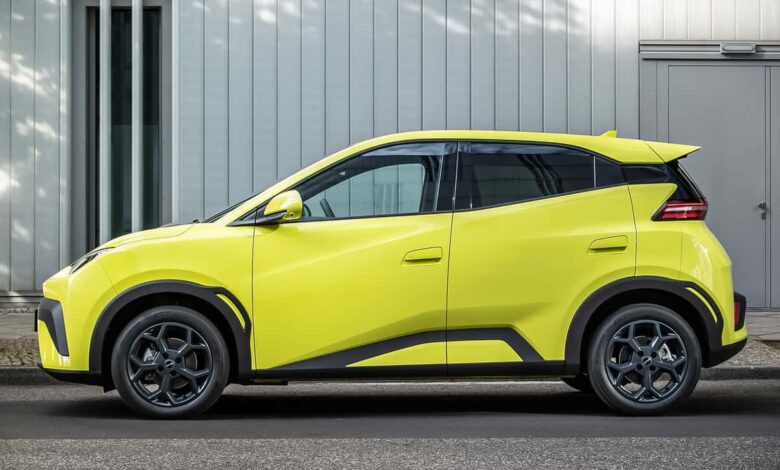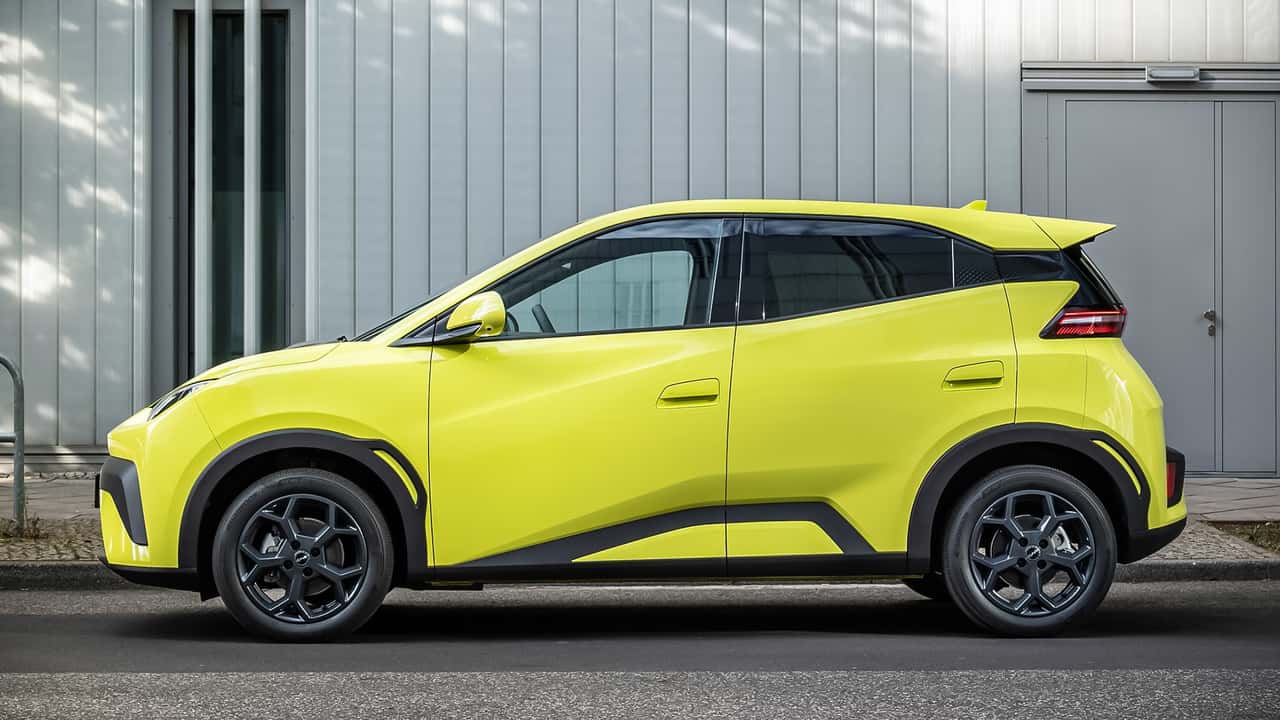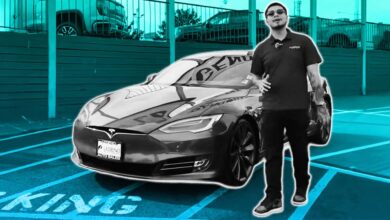Chinese EVs Could Soon Flood Into Canada Because Of Canola Oil


- Canada’s 100% import tariff for Chinese electric cars is keeping cheap EVs out of the country, but that could change.
- China imposed retaliatory tariffs on Canadian agricultural exports, which are affecting the country.
- The Canadian government is reportedly considering lowering or eliminating the tariffs completely to help its farmers, but it would also potentially open the floodgates for Chinese EVs.
Much like the United States, Canada has a high, 100% tariff on electric vehicles imported from China. This makes it completely uneconomical to even consider selling a Chinese-made EV in the country. But that could change soon.
Canada is considering dropping the 100% tariff it imposed last October, CTV News reported on Wednesday, which could open the floodgates for China’s cheaper (and often better) EVs. It’s not clear whether Canada wants to ease or scrap its tariff completely, but Agriculture Minister Heath MacDonald said “The prime minister did say there is an EV review. We will see where that leads … the discussions are ongoing,” according to the outlet.
As part of its so-called “anti-discriminatory” response to Canada’s tariff, China imposed the same 100% tariff on canola, peas and other key Canadian exports. Canada exported some $5 billion in canola oil and related products to China in 2024, and it’s also a big supplier of soybeans, barley, peas and meat. So if Canada dropped the 100% tariff on Chinese-made EVs, it could help its farmers by giving them access to one of the world’s biggest markets.
“We are in a fragile position, but we are here to support the farmer first and foremost, and if that decision has to be made, then that decision has to be made,” MacDonald said, according to CTV.
Canada’s Struggling EV Market
Easing the tariffs could also give a boost to Canada’s flagging EV market.
Even though the total number of new vehicles registered in Canada was up in the second quarter of 2025, EV sales fell a whopping 39.2% year-over-year, according to government data. Plug-in hybrids also saw a slight 2.2% dip. EVs accounted for 8.6% of all new cars sold in Q2, down from 18.3% in the same quarter last year.
The elimination of financial incentives for EVs in some provinces is one reason why fewer buyers are choosing them. Quebec planned to suspend its EV incentives program (which offered $4,000 CAD for the purchase of a new EV and half that for a plug-in hybrid) in February, but public pushback made the lawmakers change their minds. The incentives will halve in 2026 and will stop in 2027.
British Columbia also stopped its EV rebate program in May, although Canadians can still claim a $5,000 CAD federal incentive that is available for all EVs and PHEVs as long as their base MSRP is under $55,000 CAD.
No Teslas qualify for the federal rebate, though, since all are too expensive, and the same goes for most premium EVs available in Canada today—there are hardly any EVs available in the country for less than $45,000 CAD, so, just like the U.S., Canada faces a shortage of affordable electric models. But an influx of tariff-free Chinese electric cars that come feature-packed and are affordable could sway buyers back into EVs and accelerate the country’s electrification.
Source link


